The inherent risk that goes to the very heart of the Premiership deal

With the owners of the Gallagher Premiership clubs set to meet this Tuesday to discuss the £275m offer from CVC Capital Partners for a controlling stake in the competition, the future of English and European rugby is about to be shaped.
Admittedly, this could all be moot if Bruce Craig, the owner of Bath, hasn’t changed his stance of being unwilling to sell, as the decision needs to be unanimously supported by all the owners of the current 12 Premiership sides, as well as London Irish.
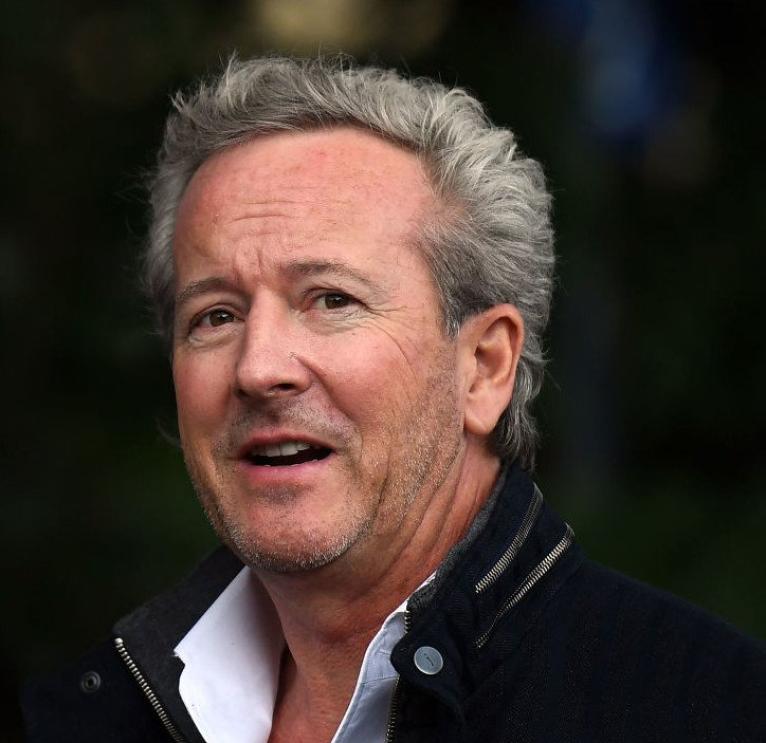
Bristol Bears’ ownership does not seem to be convinced, either, with Stephen Lansdown having not come out as for or against the proposed takeover bid. With Craig and Lansdown two of the more cash-rich owners in the competition, their need for funding is lesser and the costs of giving up their controlling stake in the competition arguably outweigh the benefits of the reported £17m cash injection each club would be set to receive.
According to the initial report by the Times, Craig’s issue lies with the valuation of the Premiership at £550m, which he believes is short of the competition’s actual value. Given that the Premiership clubs contract up all the top tier professional players in England, have established infrastructure for bringing through the next generation of talent and that TV deals for the competition are rising, he may have a point.
Continue reading below…
The TV deal that Premier Rugby Ltd signed with BT Sport in 2012 was for £152m over a five-year period, whilst the extension that was agreed in 2015, for the 2017-2021 period, is believed to be significantly larger. It could well be that CVC see the next deal as following that trend and providing a further increase to the pot of cash that is divvied up between the member clubs.
That said, on paper, CVC’s offer looks a good one and would prove beneficial to English rugby.
The private equity firm are seeking a 51% and controlling stake in the competition for their investment, something which they reportedly insist would only see them exert their voting control on commercial matters.
Given the commercial success CVC enjoyed with their previous flagship sporting endeavour, Formula 1, that could be argued as a benefit, not a cost, to CVC’s bid. They certainly increased the value of that sport and helped it realise its global ambitions, although with F1 a non-domestic competition and already possessing significant commercial appeal, that is a job that would be more challenging with the Premiership.
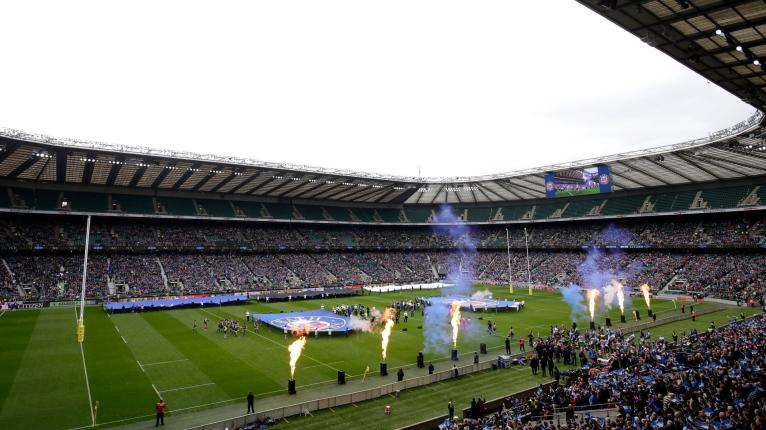
Admittedly, rugby is growing as a sport globally. With the Premiership now broadcast in over 200 countries and the competition having been at the spearhead of getting its games shown in growing markets, CVC seem to see their £275m offer as a risk worth taking, with the opportunity to get in before any potential swells in global support as too good to pass up.
Domestically, the Premiership does not command the same commercial value as the Top 14 in France, which signed a four-year £305m TV deal back in 2016, although that deal also covers the Pro D2 and doesn’t come into being until the 2019-20 season. Whether or not CVC see potential in a PRL bid to takeover the Greene King IPA Championship, which is currently administrated by the RFU, as possible is unknown, but it is believed they would be eager to make more of the international broadcasting deals the Premiership currently has in place, something which would help the competition keep pace with their French rivals.
If CVC were to exert their influence and expertise on the commercial side of the competition alone, the deal would look acceptable. Unfortunately, and this is something Gloucester fans can attest to, rugby is not a sport decided on paper, and the same extends to boardrooms.
As a private equity firm, CVC are in this to make a sizeable return on their investment. They are not in this to protect the players, the clubs or even the status quo in the Premiership, should they become disenchanted with the prospect of selling the competition on for a profit.
They may play ball for two or three years but if the commercial appeal of the competition is not rising, or rising too slowly, the desire to keep international players available for as many games as possible per season will be significant and this will be used as leverage to get more compensation out of the RFU for the release of those players.
You couldn’t blame CVC for this, it would be their job to make a profit out of this enterprise, should it go ahead, and the goals of superior player welfare, sustainability and the England national team aren’t always going to be in alignment with that. If you get in the water with a shark, you can’t blame it for biting you, it’s just in their nature.
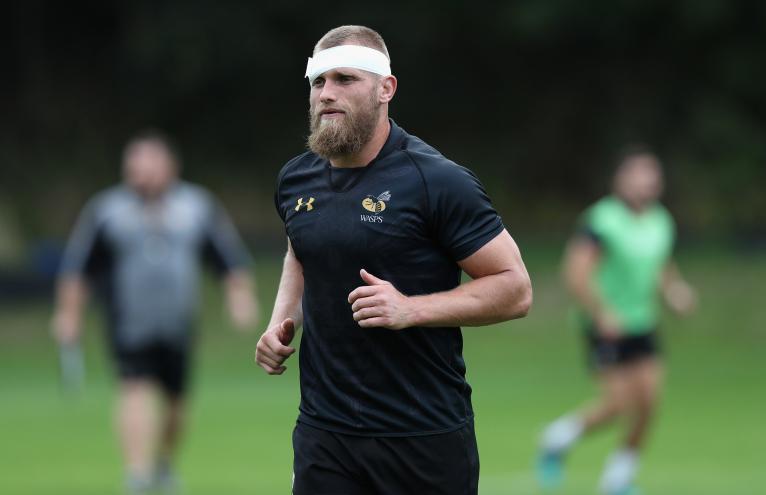
Yes, there is a best-case scenario whereby CVC remain a sleeping partner on all issues other than commercial interests and they put a premium on player welfare and a healthy relationship between PRL and the RFU because of the on-field, PR and symbiotic success that it could have. Hoping for a best-case scenario is one thing, but it cannot be expected to happen, and the worst-case scenario of players flogged, a club-country agreement in tatters and inflated player wages as a result of significant cash investment has to be considered.
The word coming out of the PRL camp last week that the investment, if accepted, would be used by each club to improve their facilities and stadiums, not on new players, therefore avoiding another hike in salary expectations. Whilst well-meaning and possibly true that the money would be diverted to infrastructure and creating a more sustainable future, an influx of cash of that proportion into a competition cannot possibly avoid raising salary expectations.
Even if it is not earmarked for player recruitment and retention, the knowledge of this extra financial firepower at each club would draw the attention of players and agents alike, who would be eager to see their efforts, or the efforts of their clients, more suitably rewarded. It is not an unfair request, either, as the players are a huge component in the Premiership being valued at what it is and without them, there would be no offer forthcoming from CVC.
If wages are inflated further than they currently are, and the current season structure remains the same, this is almost certainly going to require an increase to the salary cap, something which PRL have promised to keep at current levels for this season and the 2019-20 campaign.
This puts the spotlight back on sustainability, something currently all but one Premiership club struggle with. An increase to the cap is not going to help the goals the other 11 Premiership clubs have of breaking even each season, even if most of that £17m does go into improving facilities and expanding stadiums. The cash-rich clubs will continue to push the limits of a newly-expanded cap and the other sides will be playing catch up, likely overextending themselves and spending beyond their means.
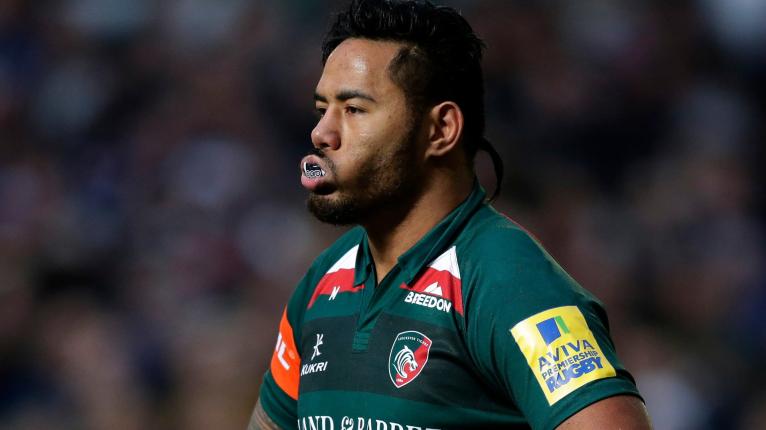
This is why the offer from CVC is not necessarily the long-term golden egg that some of the more cash-strapped Premiership owners see it as in the short-term. The question is, can CVC raise the commercial appeal and revenue-generating ability of the Premiership in time for it to sufficiently compensate clubs who will be paying out the increased salaries a cash injection would create in the coming years?
With the opposition to the offer believed to be growing within PRL, which has seen an 80% growth since the competition’s valuation of £300m in 2013, the onus looks to be on CVC to increase their offer, which a number of figures within PRL believe to be significantly undervaluing the competition, or for PRL to look at alternative avenues.
Mark McCafferty, PRL’s chief executive, has suggested that floating the competition on the stock market is a possibility, as is loaning from a bank. Of course, there is also the option of carrying on as is, with individual owners continuing to underwrite clubs that are struggling financially.
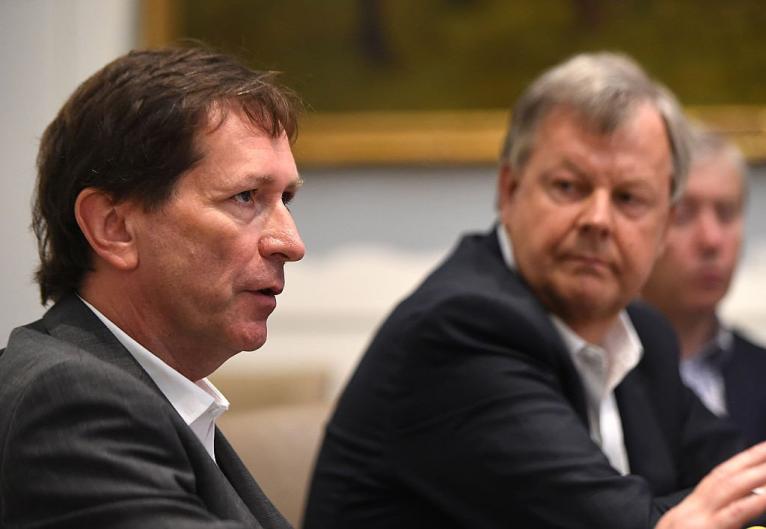
Ultimately, this is not always the issue that red ink and social media overreaction portray it to be, with a number of clubs content to swallow those losses, as the tax benefits that can be achieved from owning a sports team can actually see an individual or ownership group break even personally, even if the club itself loses money. The goal is of course still sustainability and some clubs are closer to realising that than others, but it is not quite the dire situation that the numbers alone suggest it is.
There’s no doubt that £17m apiece for the clubs could do a lot for them in the coming years.
Continue reading below…
It would allow reigning champions Saracens to forge ahead with their plans to redevelop the no longer fit for purposes West Stand, Harlequins would have the necessary investment to expand the Stoop and Bath, despite Craig’s opposition, would see their kitty topped up ahead of plans to build a new stadium. It would help balance the books at Northampton Saints and Leicester Tigers after recent investment by both in their stadiums, whilst Newcastle Falcons, Gloucester and Exeter Chiefs are also sides who have expressed interest in recent seasons of expanding their capacities.
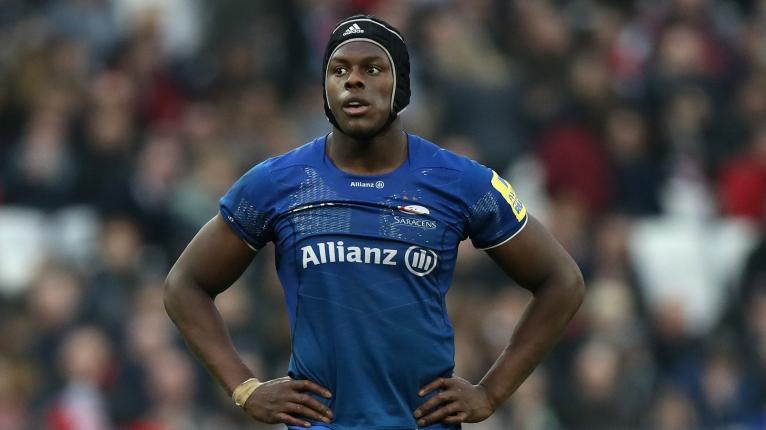
Is it enough to sell off the future of the competition, though?
The answer would seem to be a no, with significant opposition from within PRL, as well as scope for the competition’s value to continue increasing over the coming years. There is little to no chance of another 80% rise in valuation over the next five years, which was strongly influenced by the switch from Sky to BT Sport for a larger broadcast deal and the increased leverage of the Premiership over the new European competitions, but a steadier rise is certainly still possible.
Selling off early, and possibly undervalued, would not make for good business practice, although the frustrations of clubs with smaller support and/or the lack of a wealthy benefactor would be understandable, as they struggle with their bids for sustainability.
The owners will meet on Tuesday to discuss the offer and decide on their strategy moving forward, but it seems as if it will take a considerable increase in offer from CVC for certain figures within PRL to change their stance.














































































